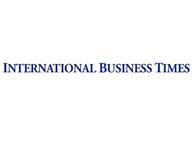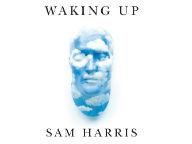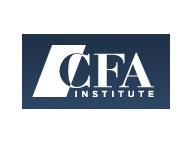Faculty News
—
Professor Michael Spence shares his views on China's five-year plan for economic growth
—

Excerpt from Xinhua -- "Michael Spence, a Nobel prize winner in economics, told Xinhua while the biggest challenge is to keep growth in the neighborhood of 6.5 and 7 percent before 2020, the completion of structural changes and supporting reforms are more important."
Faculty News
—

Excerpt from Xinhua -- "Michael Spence, a Nobel prize winner in economics, told Xinhua while the biggest challenge is to keep growth in the neighborhood of 6.5 and 7 percent before 2020, the completion of structural changes and supporting reforms are more important."






















